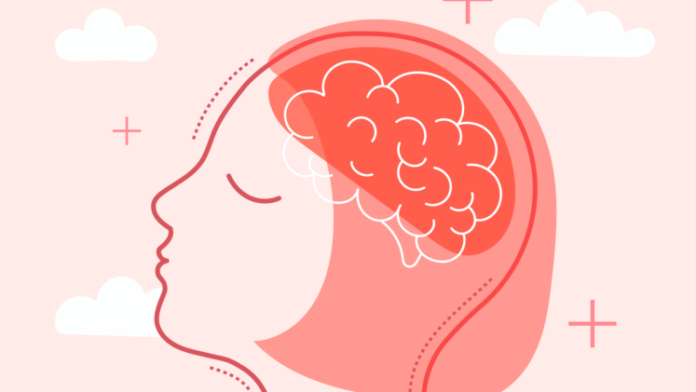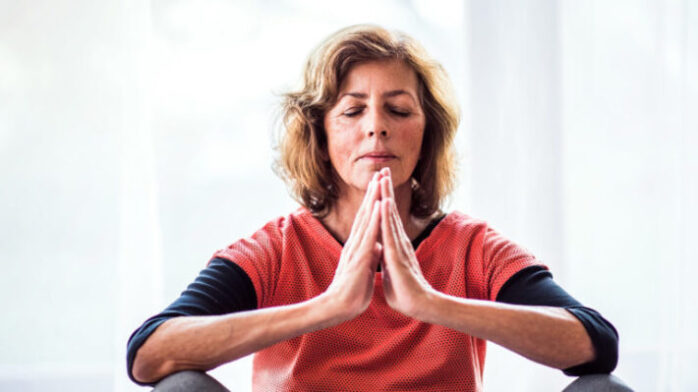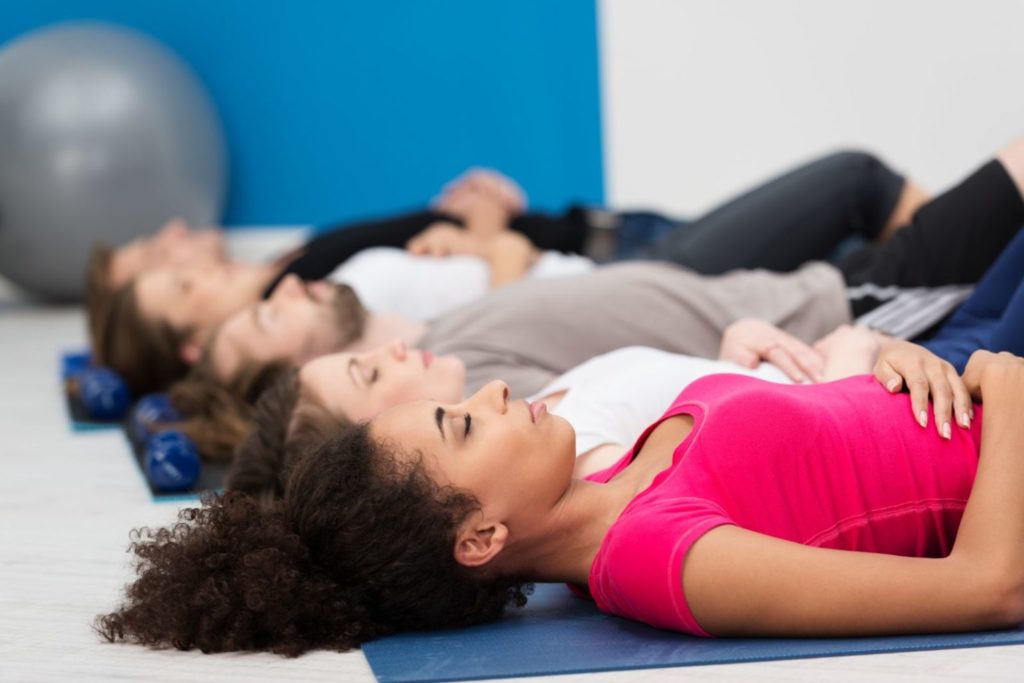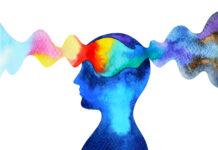
We can all feel a little bit overwhelmed in our day-to-day lives. Sometimes, the surmounting pressure of finding a work-life balance can be counterproductive and cause us to feel out of place.
Unfortunately, stress and mental health issues like depression and anxiety have become so normalized in our lives that we have a matter-of-fact approach to them. It’s important for us to start taking a holistic approach to be able to deal with them.
Why should you learn how to center yourself

Let’s take a look at some startling statistics to understand the problem at large.
- The New York Times reported that Americans are the most stressed people in the world. It also reported that the underlying cause is an increase in the number of negative experiences they face on a daily basis.
- An extensive survey showed people reporting feeling worried and angry about their lives. Some factors that contribute to these findings include the socio-political climate, as well as income and age. 83% of people also experience stress related to work.
- More than half of the American population feel stressed during the day, a number is significantly higher than the world average (35%).
- Women report experiencing stress more than men.
- Almost 60% of people who report stress-related issues have experienced stress-related paralysis.
- 52% of Gen Z in the United States alone has one or more mental health issue.
- 40 million American adults deal with anxiety disorders, one of the most common forms of mental illness.
The cause for anxiety disorders can be any combination of certain risk factors such as genetic vulnerability, chemistry, individual personality, or certain life events that trigger this emotional response.
If you are interested more about anxiety, check out this website for more information on how to care for yourself.
Not acknowledging this mental health issue in due time can trigger the development of other health issues as well.
We all face anxiety at different levels. While for some, it can be debilitating, some of us don’t even realize our body’s reactions until it’s too late, and then we experience a tsunami of emotions in a panic attack.
Some of the primary symptoms of anxiety include the following:
- Feeling disoriented or dissociated
- Being easily distracted and not being able to focus
- Feeling unsafe or vulnerable even when you’re alone
- Feeling weak
- Sweating profusely
- Faster heart rate
- Hyperventilating
- Restlessness causing an inability to sleep
A little mental health first-aid tip for people who deal with anxiety is to ground yourself. This requires finding your center. It allows you to take a step away from your racing mind and find your body’s voice.
How to find your center

Grounding means just what it sounds like and is the ability to be more mindful of your surroundings and aware of your body and how it feels. It is the process of reconnecting to your core and the present moment. Too many things going on in our environment and in our heads can cause our minds to go into overdrive, initiating a physical response.
Knowing how to ground yourself is important as a daily ritual for yourself and as a self-care practice. It comes at no cost to you but makes a world of a difference in improving your mental health, stability, and emotional strength.
Ways to center yourself

Centering yourself precedes grounding. When you’re dealing with looming deadlines, a busy day at work, running to get errands done on time or have a baby crying non-stop, you need to center yourself first to avoid succumbing to sensory overload.
There can be different methods for each of us, and they require practice to be truly effective. To center yourself, you need to shake off the triggers before you get to the real work where you ground yourself.
Contrary to popular belief, the center does not lie in the same place for everyone. We experience our stresses in different parts of our bodies. It can be difficult to pinpoint the exact anatomical position, at first, because we’re not used to attuning ourselves to our natural rhythms. However, with consistent effort, you can ascertain if your center is in your head, heart, belly, womb, or any other place.
If your center lies in the head

This means you have thoughts racing in your head constantly, and your brain is more active at night. Naturally, your thoughts keep you up at night. You like to intellectualize things instead of responding to them emotionally.
You often feel like you have too much to do and have a conveyor belt list of tasks that need to be done.
You often worry about things and like to plan ahead. You love to come up with ideas and fixate on an issue. If a friend is upset with you, you will have a hard time concentrating until you resolve the issue.
For someone like you, a fixed time daily for your centering activity is mandatory. The first thing you do in the morning should be to say your affirmations out loud, as well as the last thing before you go to bed.
“I am healthy and supported by the people I love. I am in control.”
If your center lies in the heart

You are an empathetic person and often put other people’s needs ahead of your own. You may put off feeling your emotions for a while, but when you feel them, it can come all at once and have a strong impact.
You are often the go-to person to solve other people’s problems but struggle to find a safe space to open up with your own. This can be one of the reasons why you experience all your emotions at once.
Your ability to empathize means you feel other people’s pain as well, and sometimes it can be confusing why you’re depressed and anxious in the first place.
For someone like you, disconnecting is important. You need to center yourself in isolated surroundings. Take time out during the day to engage in an activity that is meant solely for you and your happiness.
Whether it’s listening to music to calm you or the soothing sounds of raindrops, you need a ritual ingrained in your routine which brings you to yourcenter. It should be something that invokes an emotional response to allow you to feel loved.
If your center lies in the belly

You’re more likely a lively, outgoing person who is also very pragmatic. You’re always busy and constantly have a packed weekend. You love helping others or staying busy to keep yourself distracted, which is why you sign up for as many tasks as possible.
You might be inclined towards eating your emotions or dealing with stress by consuming too much food, alcohol, or even smoking. You find it soothing to feed yourself and may not even be conscious of what makes its way to your belly.
For someone like you, reevaluating your relationship with food is very important. To center yourself, you need to relax your body when you feel overwhelmed and take deep breaths.
Follow the 6-7-8 breathing rule. Inhale for 6 seconds, hold for 7 seconds, and exhale for 8 seconds. Do this three times a day, or whenever you feel most overwhelmed and feel like reaching for the nearest snack. Remind yourself that you’re not hungry, just bored.
For more information, explore the Tao Academy.











